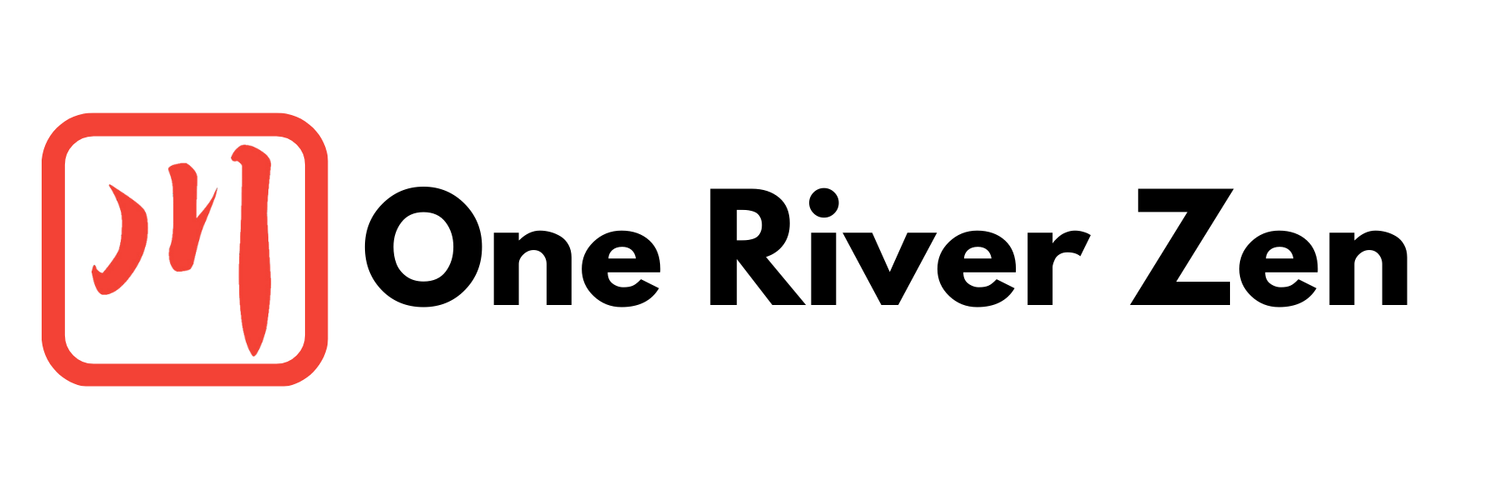Awakening to the Present: Answering the Call of the Moment
Shōyōroku Case 16: Ummon’s Seven-Piece Robe
Teisho delivered by Sensei Michael Brunner at Zen of Recovery Retreat
Over the past weekend, we’ve spent a significant amount of time in practice, and during this time, the nature of time itself begins to change. It becomes boundless, more expansive, and within this spaciousness, we have the freedom to experience so much more in each infinite moment.
In this space, we start to notice how easily our labels and judgments creep in and begin to shape our perception of the world. These labels, initially small, eventually take on a life of their own. They stop being just passing thoughts and start becoming the very lens through which we experience everything. And, without realizing it, we become mastered by our own creations. Our stories, the judgments we place on things—including ourselves—end up controlling us, shaping how we see the world and how we interact with it.
So what happens when we actually let go of these judgments? What happens when we step beyond the small self and all the labels we place on everything? Well, we begin to see clearly. We begin to engage with life as it is, without the filter of our judgments.
There’s a case in the Mumonkan, Case 16, called "The Sound of the Bell and the Seven-Piece Robe."
Ummon said, “The world is vast and wide. Why do you put on your seven-piece robe at the sound of the bell?”
Now, the seven-piece robe represents the traditional robes worn by the Buddha and those who practice in his path. In the mornings, when we sit in meditation, we place our robes on our heads and, when the bell rings, we know it’s time to chant. Once chanting ends, we don the robe.
But Ummon’s question asks us to consider: why do we respond this way? Why, in a world so vast and infinite, do we put on our robes at the sound of the bell? Are we responding out of habit? Or are we responding directly to the moment as it truly is? Are we fully present, fully awake to the call of this moment?
It’s easy to fall into routine in practice. The bell rings, we sit, we chant, we bow. But when we really listen to the bell—when we let it penetrate deeply into our being—something shifts. We no longer put on the robe out of habit, but because it is time. We become fully actualized by the moment.
There’s a story of two monks who were comparing their masters’ miracles. One monk proudly said, “My master can heal the sick, control the weather, and even raise the dead.” The other monk responded, “My master performs even greater miracles: when he’s hungry, he eats; when he’s tired, he sleeps.”
This cuts through the idea of grandiosity and brings us back to the present moment. The miracle is found in living in harmony with the moment, in responding fully without interference from judgments or assumptions. The miracle is always right here.
Ummon’s question, about putting on the robe at the sound of the bell, points to this same truth. It’s not about the robe or the bell. It’s about whether we are truly present and fully engaged with our lives as they unfold. When we drop the stories, we see the simplicity and beauty of what’s right in front of us.
This is where discipline comes in. And discipline often gets a bad reputation, doesn’t it? But true discipline is not about rigidity or following forms just because we’re told to. It’s about showing up fully in each moment, responding to what the moment calls for—not out of habit, but out of clarity and intention.
There’s vast freedom in that kind of discipline. When we respond to the moment, when we meet it fully, we experience the vast and wide world that Ummon speaks of. This freedom goes beyond our habitual stories and labels. We don’t need to control the moment, we just need to respond from our true nature.
As we continue this practice, remember that the world is vast and wide. You’ve caught a glimpse of your true nature, and you know what it takes to confront suffering—both your own and that of others. The bell is ringing. The call is here. How will you respond?
When the bell rings, put on your robe. Not because you “should”, but because it’s time.

